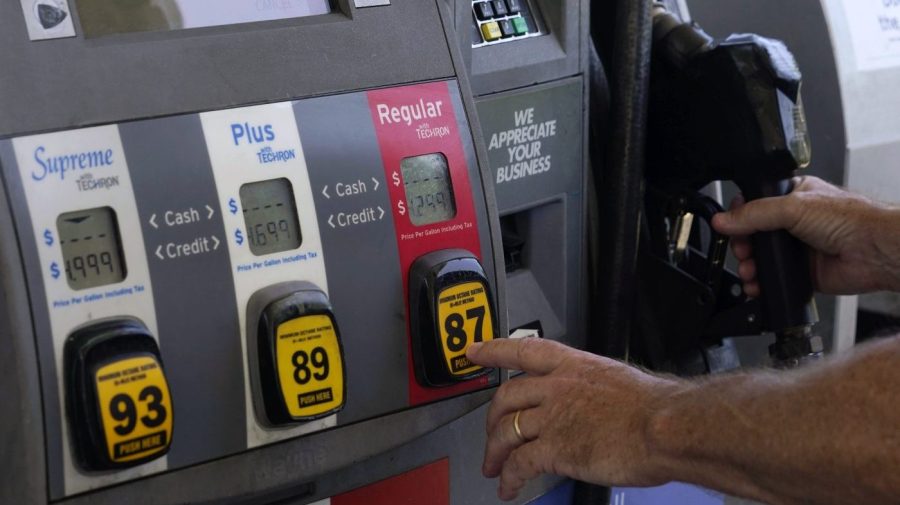
President-elect Trump’s proposed tariffs on Mexico and Canada are expected to raise prices at the pump.
Trump said late last month that on his first day in office, he would place 25 percent tariffs on all Canadian and Mexican goods. The two countries are the leading sources of U.S. oil imports — and if he implements the tariffs, analysts say the action could result in higher gasoline prices.
Andrew Lipow, president of consulting firm Lipow Oil Associates, said a 25 percent tariff amounts to a surcharge of about 40 cents per gallon.
“The prices at the pump are going to go up. Whether we like it or not, the East Coast is an import market and they would have to import oil at a higher price,” Lipow told The Hill.
Tom Kloza, global head of energy analysis at the Oil Price Information Service, had a similar projection. He told The Hill a 25 percent tariff would raise prices — at least in the short term.
“There will be a difficulty in adjusting to a Canadian tariff of 25 percent,” he said. “It might produce a temporary but notable price shock.”
Even Trump himself has said that overall he “can’t guarantee” the import taxes won’t raise prices.
The proposed tariffs set up a potential conundrum for Trump and the Republican Party, marking an issue where Trump’s promises to put “America first” go head-to-head with his promises to bring down consumer prices — including the price of fuel.
Canada and Mexico are the top places where U.S. oil imports come from, with more than half of the nation’s oil imports coming from Canada and another 10 percent coming from Mexico as of 2022.
While Trump has pledged to increase domestic oil production, Lipow said any increases in drilling that occur would not make up for higher prices on Canadian oil.
He argued that an artificial price increase would cause U.S. producers to raise their own prices to match it.
“If prices go up, they’ll just raise their prices,” he said. “There’s only so much increase in production that they can do.”
Unlike countries that have state-run oil companies, the U.S. government cannot decide whether or by how much to increase oil production — as the decisions are instead made by private companies.
Both Kloza and Lipow said they expect gasoline prices in the Midwest to be particularly hard hit by the tariffs, given that refiners that turn oil into gasoline in those areas rely on Canadian oil.
“U.S. refiners in the Midwest are isolated buyers. They need that Canadian crude, and they’re going to have to scramble,” Kloza said.
“I think everyone would be affected, and especially some of those swing states, Michigan, Wisconsin, Minnesota, that are all really right next to the Canadian border, [are] significantly dependent on Canadian energy supplies,” Lipow said.
However, Kloza said that in his view, the price hike that comes with the tariffs could be short-lived.
“Long term, you’ll see more crude oil come from perhaps nontargeted areas like Saudi Arabia, Colombia, even Iraq,” he said.
But Lipow said that a lack of pipeline infrastructure could still make it difficult to get oil from anywhere but Canada into key U.S. locations.
“Canada is the only country that supplies imported fuel or crude oil into the Rockies and Midwest,” he said. “The difficulty is getting it there. I cannot import crude oil on the Gulf Coast and ship it to Montana and North Dakota.”












